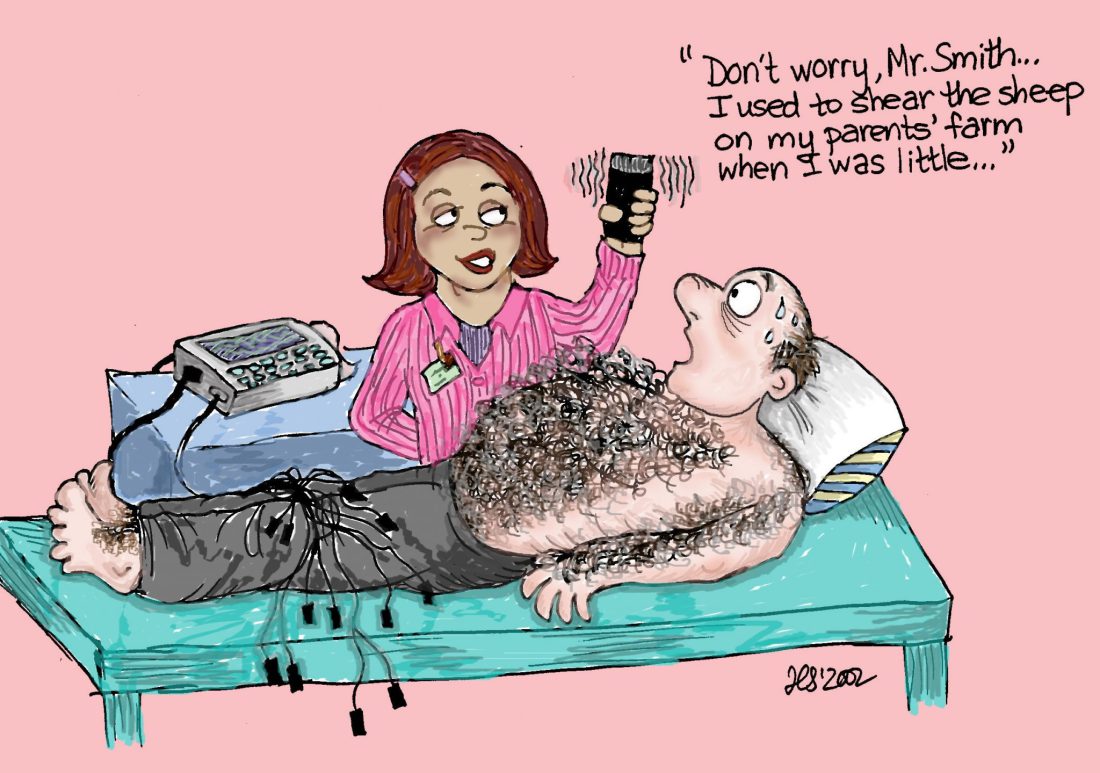Back To Basics
Author: Lisa Curatolo @Curlytoes12
Consultant Paramedic & Advanced Retrieval Practitioner
The basics are drilled into us from our initial training - right through to advanced practice. If the basics are done right with exquisite attention to detail - the rest should follow (is that a song?).
What are the basics...?
Introduce yourself! If applicable - Ask ‘what can I/we do for you?’. Listen to the patient, give them time to talk and resist the urge to interrupt them. They will give you really important information in less than 2 minutes and probably diagnose themselves!
Clinical Assessment Taking a pulse
.....Properly taking a pulse! Locate, feel & count using a watch/clock. Know your normal parameters - an adult patient with a pulse of 120bpm is not normal! Beware of what could be going on with the patient using the relevant history.
Measuring a respiratory rate
Similar to a pulse check...be thorough and count using a watch/clock. Respiratory rate can be extremely valuable and can indicate a really sick patient. It is difficult to take a correct respiratory rate when they have layers of clothes on - beware!
Measuring a blood pressure
Take their clothes off and put the cuff on top of their skin. Measure up the BP cuff and make sure that it is on correctly - use the artery arrow to help. A low BP measurement is rarely wrong - follow it up with a radial pulse check. Beware of the low BP reading!
Glasgow Coma Scale (GCS)
Break it up and comment on what part has scored what ie. saying a motor score of 3 is far more diagnostic and worrying than saying a whole GCS of 12.
The motor score is very important - it can say a lot about your patient.
For example - an attempted hanging, reduced GCS.
Q. What is most likely to kill this patient?
A. A hypoxic brain injury.
You assess the GCS and the patient has their eyes closed, E1, they are making incomprehensible noises, V2 and they obey commands and squeeze your hand, M6. Are they likely to have a hypoxic brain injury - not likely! They are able to hear, understand your command and obey. Their brain is ok. Quite different to passing a GCS of 9 after an attempted hanging.
12 lead ECG
Avoid putting the dots on top of big muscles - try and put them on boney parts such as the front of the shoulder joint. Revise your chest placement regularly! And if in doubt, ask someone to double check your placement!



